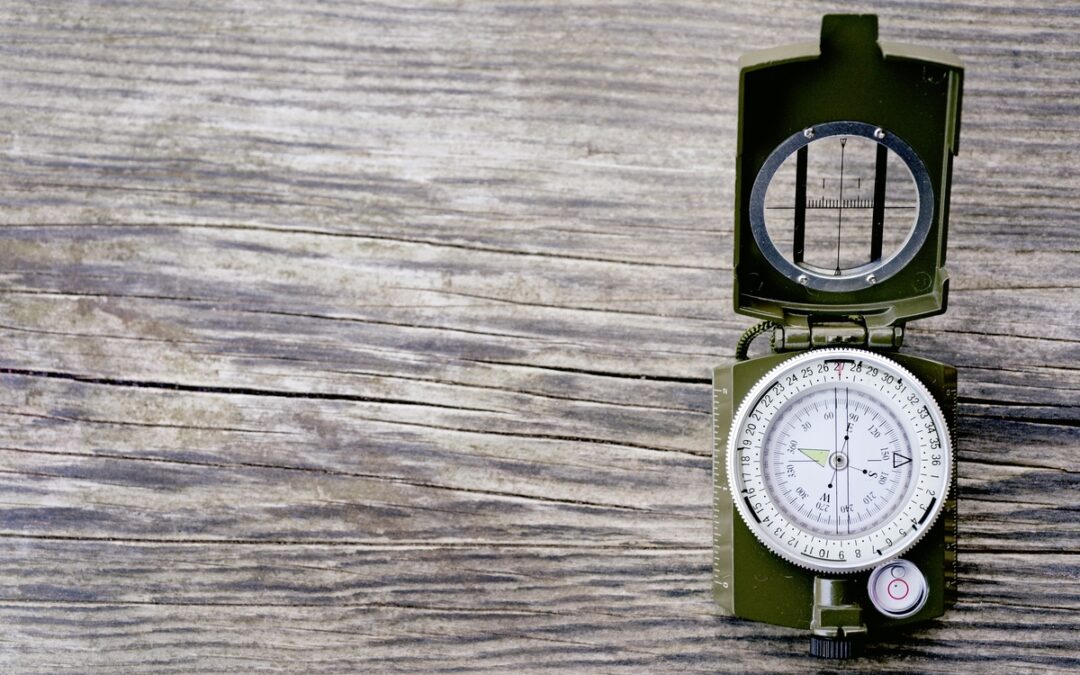I am not sure that any of us know what the impact of 2020 will be on us as individuals or communities for quite some time. As a friend joked on Twitter last week “I look forward to unpacking what 2020 meant to me with my therapist…in 4 years.” This resonates with me as I believe that time composts experience into wisdom. Nothing can shortcut the work that time does on who we are and how we interpret our experiences. Is 2020 a total disaster and year lost to juggling childcare and unmet professional aspirations? Is there some beauty in the chaos? What hidden value does this year that feels so filled with loss hold?
In my early 20’s a mentor gave me a copy of the book The Life You Save May Be Your Own, an extensive volume that explores the lives of four Catholics that shaped a new Catholicism in the 20th century–the writers Walker Percy and Flannery O’Connor, the activist Dorothy Day and the contemplative Thomas Merton. Each of these giants made an impact on the cultural and religious landscape of the time with their desire to use their work to bend the world closer to what God might imagine it to be. Their greatness, however, isn’t what captured my imagination reading this volume in my early twenties. What captured my attention then and what I think of now at the end of 2020 wondering is the years Merton spent drunkenly carousing through New York City or the year that Dorothy Day worked odd and meaningless jobs or the time Walker Percy, obsessed with film and storytelling, spent in medical school. I think about how these lost years helped each of them refine the desires of their heart.
I am not a proponent of some divine purpose, a la conseverative evangelical Rick Warren. I don’t believe in a divine purpose magically tucked away for us to discover so it can be yielded and wielded for our own prosperity. I don’t believe in a God that is some sort of cosmic conductor of the symphony of our tragedy and success. God is more of a presence, an invitation to see both the crap of life and the joy of it all as holy. A presence that invites us to respond with love in a world that inspires greed, selfishness and individualism. For me, the life of faith requires equal doses of creativity and imagination to see what could be in the midst of a very crappy what is. However, as I think about O’Connor and Merton, Percy and Day, and of my own semi-lost year of Covid, a year that required me to make difficult pivots and deep stretches emotionally, spiritually and relationally, I think perhaps all is not lost. There is hidden value in lost years. In the years where we lose beloved people and dreams, in the years that seem like a slog no matter how hard we try, in the years that feel like drifting from one thing to the next, there is an invitation.
There is a hidden value in the lost years because there is a hidden invitation to discover our desires. To ask “what do I really want?” For a person of faith, the discovery of what we really want is a spiritual practice. We ask “what do I really want?” and then we listen for the answer. When it comes, we hold it up to the light of our own faith to see if what we want is also what God wants. Another way to ask this is “what does God want for me?” This aligning of our desires with God’s desires is a work of self-discovery, but it is also a work of liberation. Discovering what we want helps us strip away the things that distract and move us off course from the trajectory of our desires.
For Dorothy Day the series of mundane jobs helped her refine her passion for liberating the urban poor from the systems and circumstances of poverty. For Percy, medical school clarified his desire to tell stories. For Merton the carousing burned through him like a clarifying fire, leaving him to contemplate life in the fullness of human experiences.
It is our lost years, not our best years that work to clarify the desires of our heart and calling of God’s spirit in our lives. It is our lost years, not our best years that invite us to engage our world and God with creativity and imagination, move us to ask for help, break us out of our comfort with the ways things have been so that we can dream of what could be.



Recent Comments